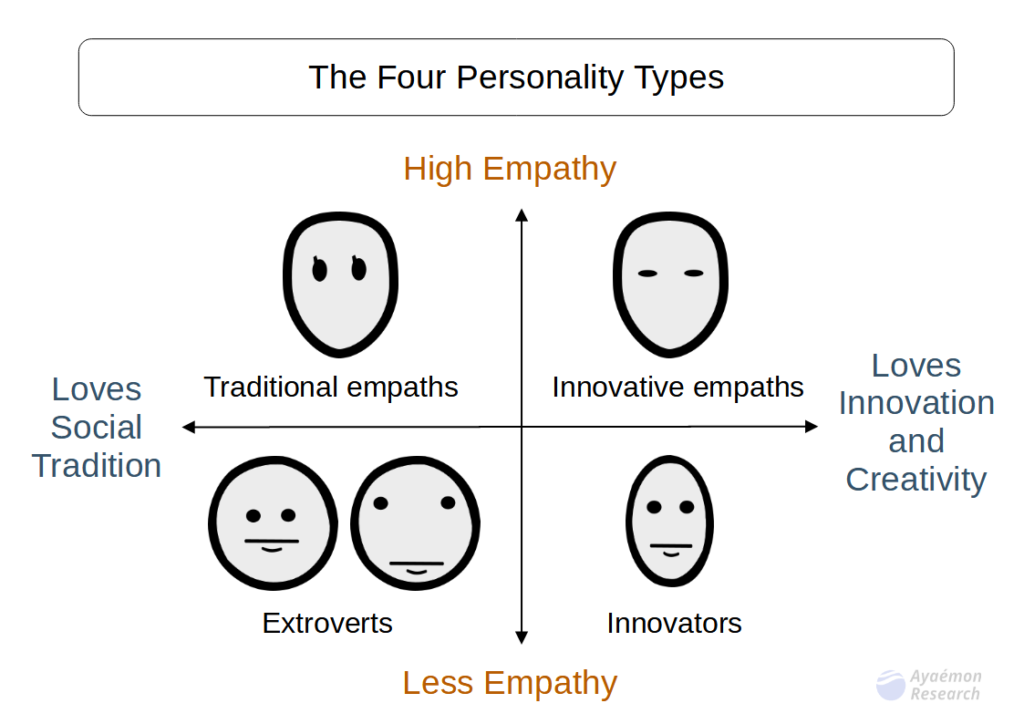I talked about why our parents gave us inferiority complexes in the previous article (this article). Today, I will explain the mental logic of why we misunderstand gratitude and guilt.
Confusion of gratitude with guilt
Sometimes, we confuse gratitude with guilt when we have an inferiority complex. For example, our parents or some may tell us, “I raised you with patience. You should be thankful for me.” or “Your parents raised you. You should be grateful and give back to them.”
Gratitude and guilt are different. Gratitude is the feeling that we are glad for someone’s help. It is up to us whether we reward them or not. On the other hand, guilt is the feeling that we must reward them because we hurt them. It forces us to reward their wants.
That often makes us suffer because we have done all we can with patience. We are already exhausted from giving back to them. That makes us feel like servants of our parents or denies being ourselves.

In addition, there is no care for us, the weak members. If they care for the weak members, they will say, “You are allowed to be here, even if you cannot do it perfectly. You do your best what you can.” That is caring for the weak members.
However, we never get such care. That makes us feel helpless, alone, or lacking in love.
In such a situation, the whole picture of an inferiority complex might help to solve it. I will explain the mental logic with an example below.
The four types of personalities
First, in conclusion, when the parents take on roles that do not suit their nature, the children tend to have an inferiority complex and misunderstand gratitude with guilt.
To explain that, I will use the four personality types below:

- Extroverts: People who tend to like competition and follow social tradition. They often leave behind weak people, but it is easier to get a social position. The word “masculine” indicates this tendency.
- Traditional empaths: People who tend to be willing to help weak people and follow social tradition. They often help weak people, but it is hard to get a social position. The word “feminine” indicates this tendency.
- Innovators: (We do not use this this time.)
- Innovative empaths: People who tend to be willing to help weak people and have several strong individualities. They often want to help people with their creativity and individuality. However, they tend to be the weak members of the family in their childhoods due to their individualities.
The role of the father and the mother
The majority family tends to be as follows:
- The father: an extrovert
- The mother: a traditional empath
In this case, the father tends to work more in society, and the mother tends to raise and care for children more. This is because it is easy to create wealth and stability for their family in many situations.

Of course, there is another case. People sometimes have different natures. The following is a typical example:
- The father: a traditional empath
- The mother: an extrovert
In this case, the father is suited to raising and caring for children more, and the mother is suited to work more in society. It tends to create more wealth and stability in that family.
Taking on unsuitable roles
However, sometimes they misunderstand that the majority is the best and take on roles that don’t suit them, as follows:
- The father: a traditional empath who takes on the role of an extrovert
- The mother: an extrovert who takes on the role of a traditional empath
In this case, the children with empathic personalities tend to confuse gratitude with guilt because the mother is less empathic.
Less empathic people cannot feel others’ emotions, especially the sad emotions of weak people, and they can feel only their wants. That makes them say, “I raised you with patience. You should be thankful for me.” or “Your parents raised you. You should be grateful and give back to them.” as I mentioned at the top of this article.

On the other hand, empathic children tend to want to help others, especially those who suffer. Then, the mother claims that her children suffer her. The children feel guilt and try to hide their individuality and reward the mother with their best.
The mother misunderstands that the children with strong individuals suddenly follow their values and become “good boys or girls.” That makes the mother misunderstand that her behavior corrected the children. She comes to believe that it is love. She orders more of her wants to fulfill herself without feeling the children’s emotions.
The mother insists it is love, but the truth is that it is guilt. That makes the children confuse gratitude with guilt.
The whole family was a problem
That is not only the mother’s fault but also the father’s. The father needs to care for the weak members in the above example. However, he ignored or neglected that. That caused the absence of care for weak family members.
In such a case, the children tend to have more anger or despair toward the mother and less toward the father. However, the father was also a source of the problem.
This whole picture provides us with the core problem. The mother is not the only problem. The whole family created the problem.

This understanding may free us from changing just our mothers. We can understand that that is the total problem of the family, and it is hard to change for the weak members.
We can create happiness, even if we cannot change our parents or families. We can migrate to another community. That will allow us to let go of our confusion and inferiority complexes.
Conclusion
Therefore, when the parents take on roles that do not suit their nature, the children tend to misunderstand gratitude with guilt.
The case I explained above is an example. There are a lot of other combinations based on other characteristics.
However, the whole picture might help us to solve our inferiority complexes.
Thank you for reading this article. I hope to see you in the next one.


